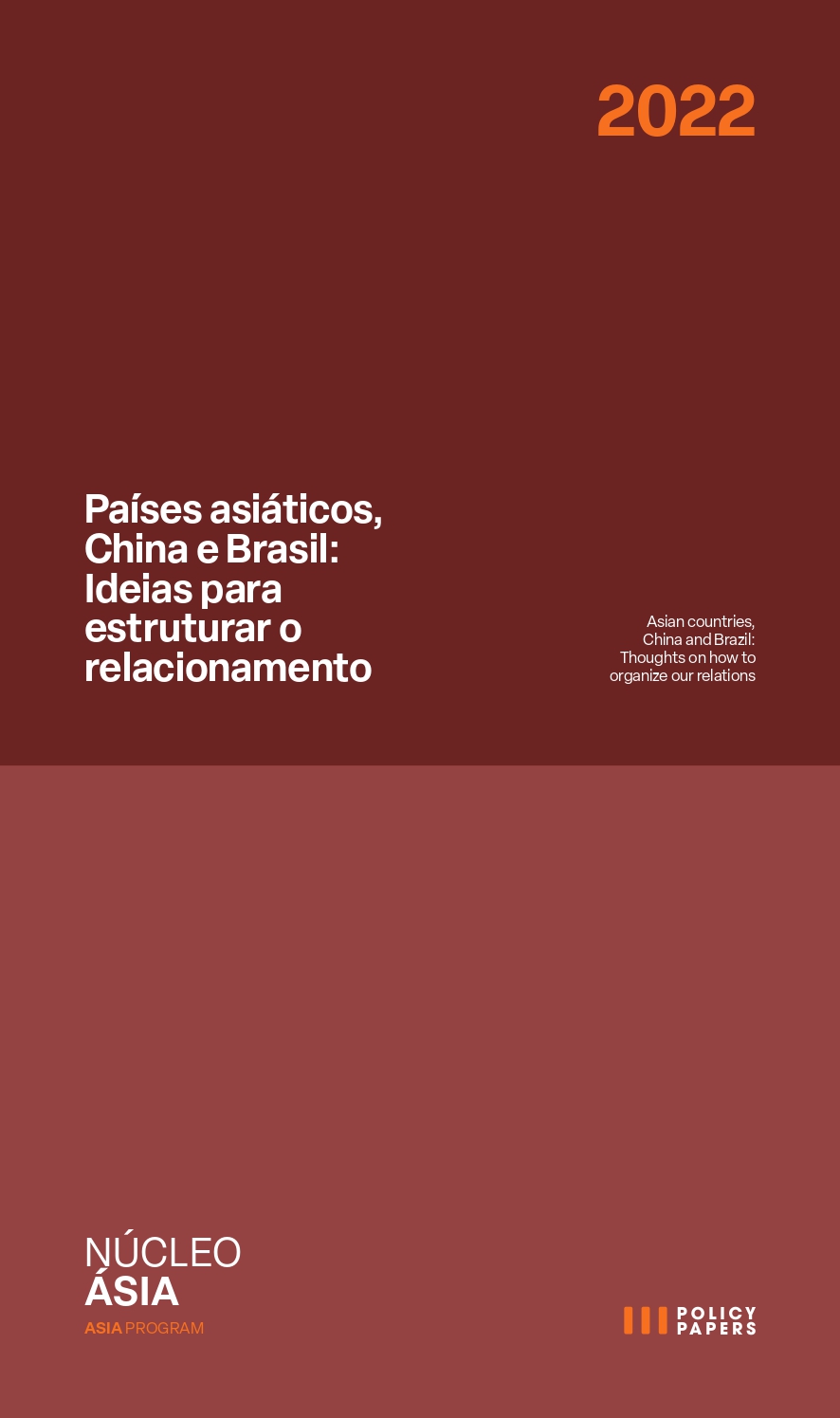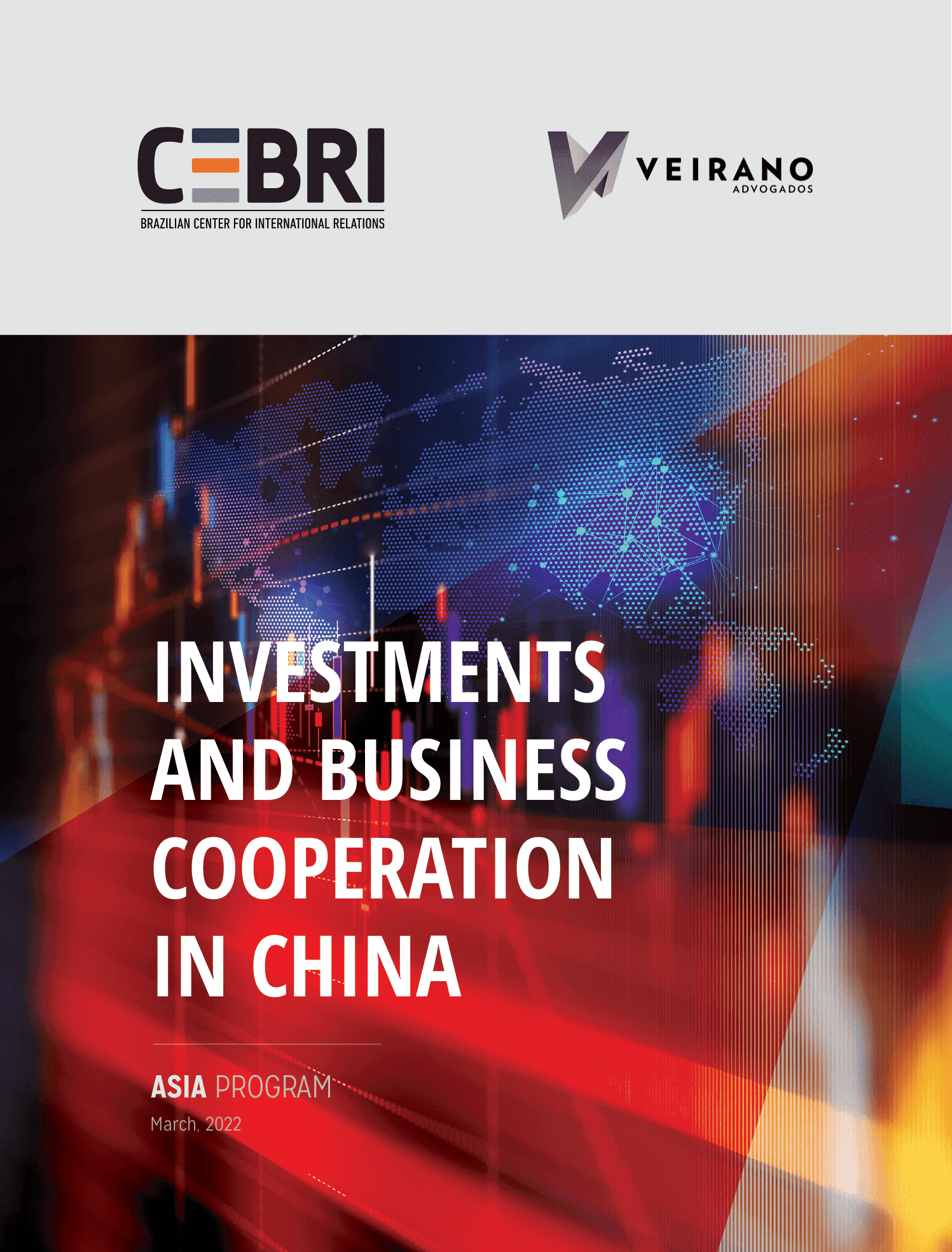At its 13th meeting, CEBRI’s China Analysis Group promoted in-depth discussions on the main features of the Chinese national innovation system, addressing the underpinnings of the digital economy in China and current challenges in the process of transitioning from technological catching-up to an innovation-driven economy. First of all, as an illustration of the overall prosperity of the Chinese digital economy, participants highlighted the fast transformation of Shenzhen into a global hub for entrepreneurship and innovation, becoming a reference for business models in Silicon Valley itself. Notably, the recent establishment of a pilot demonstration zone for socialism with Chinese characteristics in Shenzhen illustrates the city’s key role in Chinese innovation and industrial development policy.
The speakers at the event were the Director of Marketing, Sustainability and New Business at BYD Brasil Adalberto Maluf; the Director of the International Cooperation Department of the Tus-Clean Energy Group Jiao Jiwen; and Researcher at the Chinese Academy of Science and Technology for Development (CASTED) Li Yan. Comments were made by CEBRI Trustee, Anna Jaguaribe; the Vice-President of the Private Sector of the Development Bank of Latin America (CAF) Jorge Arbache; and Professor at Peking University Pan Wei. The event was coordinated by the Senior Fellow of CEBRI Tatiana Rosito.
At its 13th meeting, CEBRI’s China Analysis Group promoted in-depth discussions on the main features of the Chinese national innovation system, addressing the underpinnings of the digital economy in China and current challenges in the process of transitioning from technological catching-up to an innovation-driven economy. First of all, as an illustration of the overall prosperity of the Chinese digital economy, participants highlighted the fast transformation of Shenzhen into a global hub for entrepreneurship and innovation, becoming a reference for business models in Silicon Valley itself. Notably, the recent establishment of a pilot demonstration zone for socialism with Chinese characteristics in Shenzhen illustrates the city’s key role in Chinese innovation and industrial development policy.
The speakers at the event were the Director of Marketing, Sustainability and New Business at BYD Brasil Adalberto Maluf; the Director of the International Cooperation Department of the Tus-Clean Energy Group Jiao Jiwen; and Researcher at the Chinese Academy of Science and Technology for Development (CASTED) Li Yan. Comments were made by CEBRI Trustee, Anna Jaguaribe; the Vice-President of the Private Sector of the Development Bank of Latin America (CAF) Jorge Arbache; and Professor at Peking University Pan Wei. The event was coordinated by the Senior Fellow of CEBRI Tatiana Rosito.
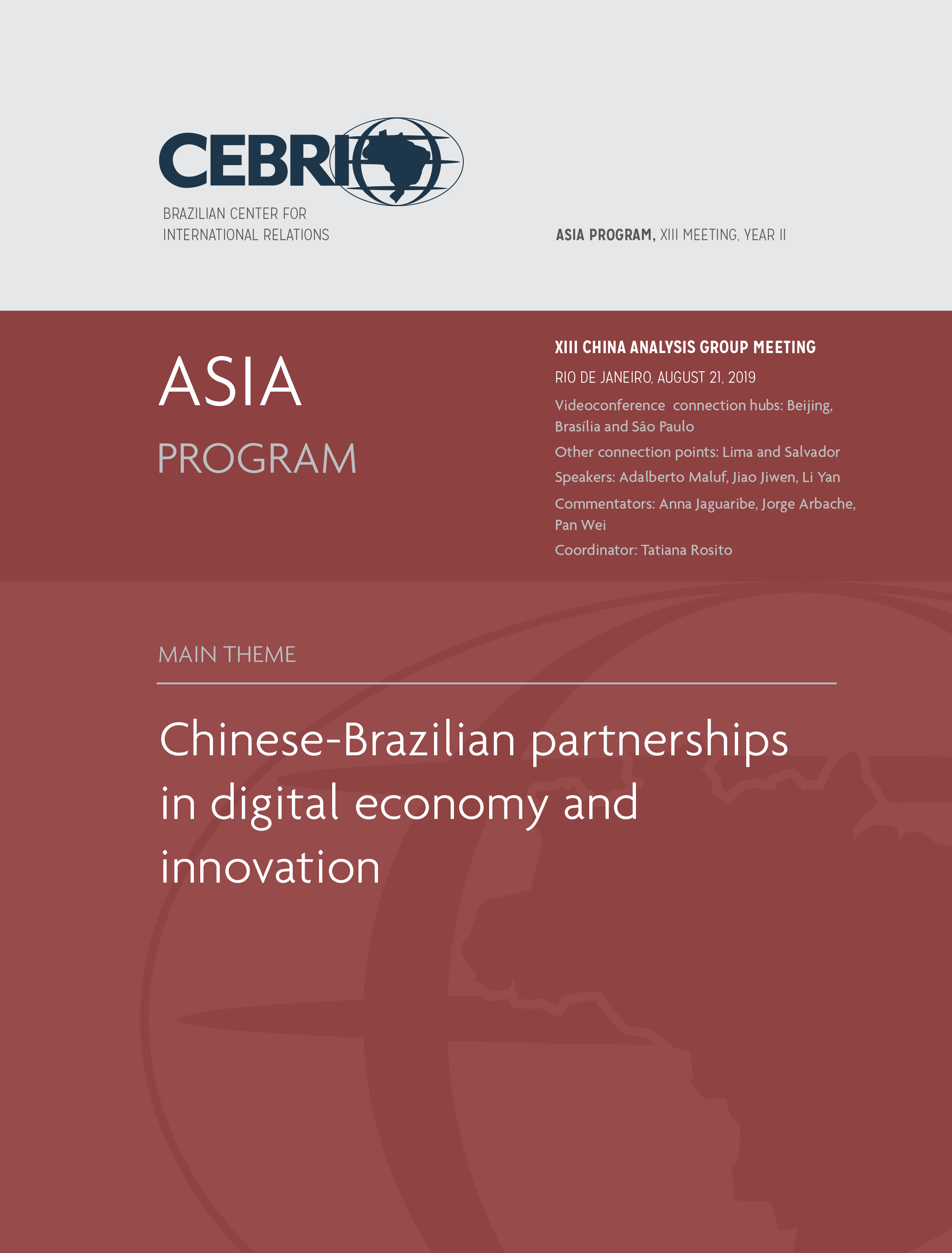

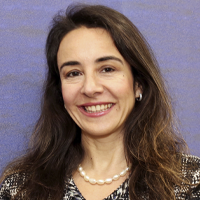


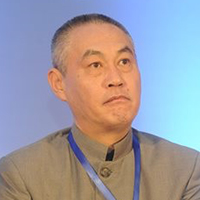
6932f633dad5f.png)
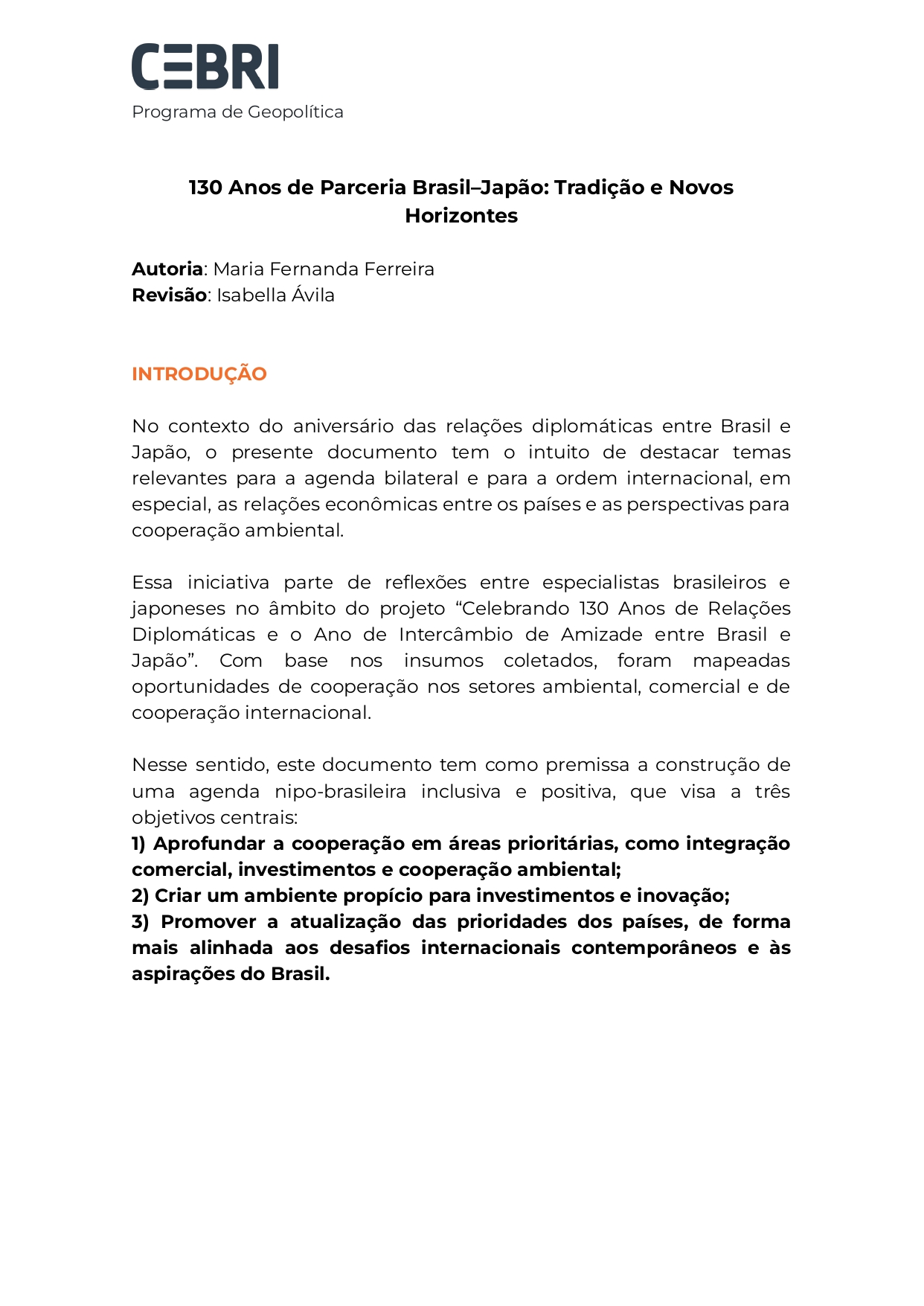


63dd462196071.jpg)

